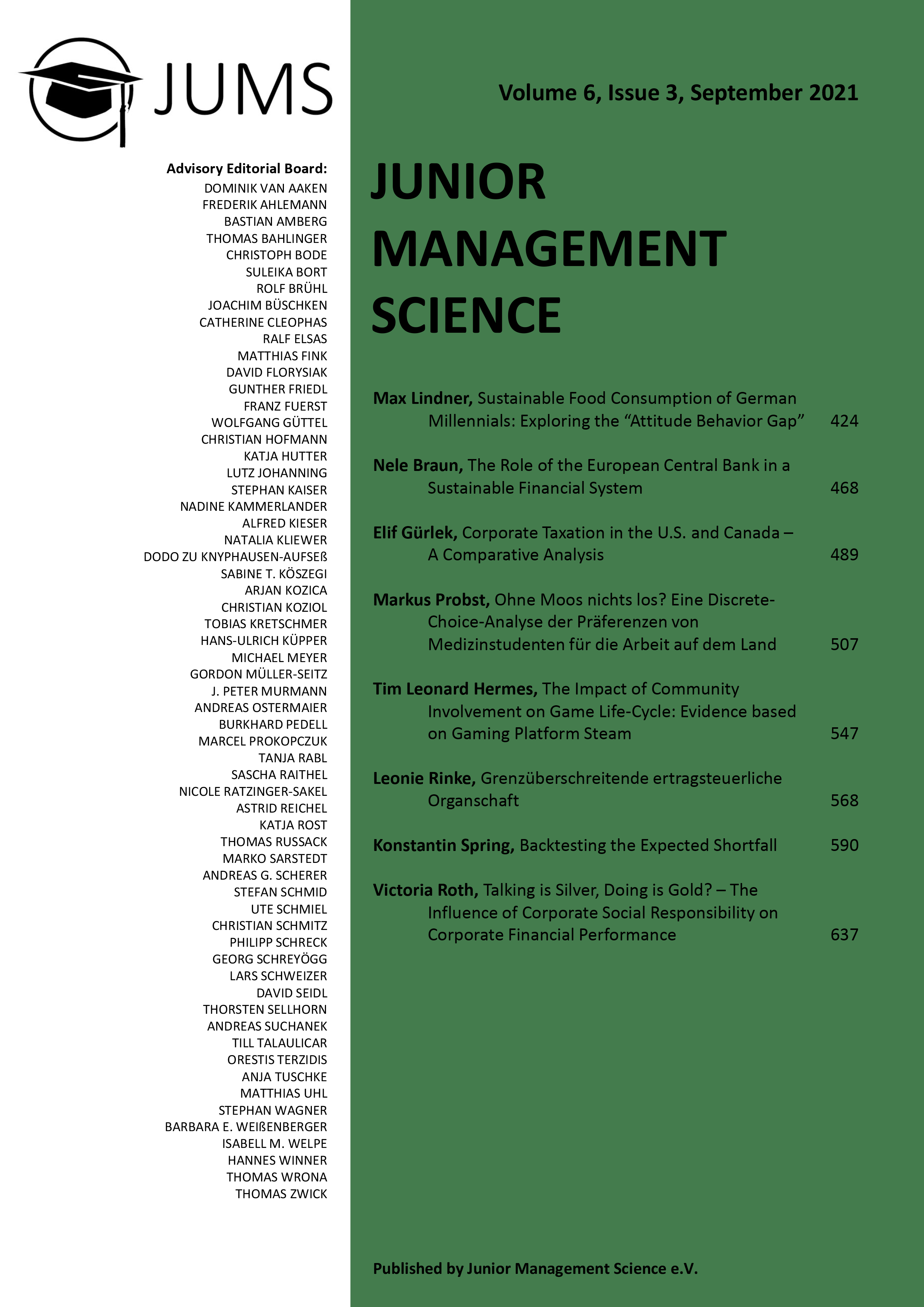Abstract
The shortage of doctors, especially regarding primary care doctors in rural areas, is one of the greatest challenges the German healthcare system has to face. The aim of this thesis is to investigate which incentives can be used to enable medical students to work in rural areas to ensure medical care there. For this purpose, a discrete choice experiment with a complementary, qualitative survey was conducted. The results indicate (a) a heterogeneity of the medical student population in Germany. Accordingly, some parts of the medical student body would be willing to practice as a country doctor. In addition, (b) it becomes clear that financial incentives to promote this aspiration are only partially effective but can be compensated by other means of support. To illustrate the diversity of decision determinants, an exemplary commitment program is developed to counteract the shortage of rural physicians in Germany.
Keywords: Landärztemangel; Discrete-Choice-Experiment; Medizinstudenten in Deutschland.

This work is licensed under a Creative Commons Attribution 4.0 International License.
Copyright (c) 2021 Junior Management Science e.V.

